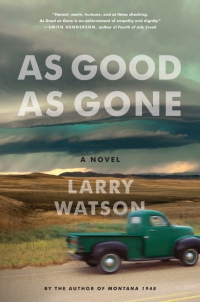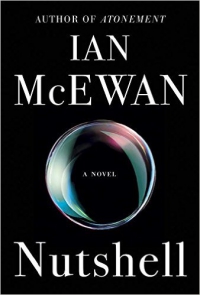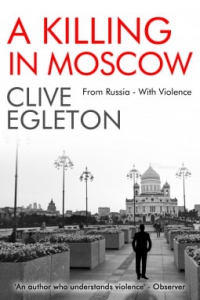Face Blind by Lance Hawvermale
 Friday, September 16, 2016 at 9:54AM
Friday, September 16, 2016 at 9:54AM 
Published by St. Martin's/Minotaur Books on August 23, 2016
Gabe Traylin suffers from face-blindness (prosopagnosia), a rare condition that mostly afflicts protagonists of crime fiction. Gabe is a geeky astronomer working in Chile. In a very dark desert just outside the observatory, he witnesses a man’s death, presumably by shooting although he hears no shot. What is the victim doing in the middle of nowhere? Who killed him? Could it be the mythical creature known as Gigante?
By the time the lights are turned on and Gabe goes back outside, the body is gone. The police find blood but whether they will investigate is unclear. Gabe decides to conduct his own investigation, a decidedly foolish course of action that can only be explained as the kind of implausible conduct that lays a foundation for modern thrillers. Gabe makes a gruesome discovery that sets up the ensuing mystery. Gabe, of course, feels compelled to solve it, which only arouses the suspicion of the local authorities and the ire of his employer.
Meanwhile, Mira Westbrook and her twin brother Luke have traveled to Santiago in search of a science fiction writer named Ben Cable. Luke has Down’s Syndrome and dyslexia. He can’t read -- except that he can easily read Cable’s only book, as well as anything Cable happens to jot down. Mira’s quest to unlock that miracle animates the novel’s second plotline, which takes Mira, Ben, and Luke to find Ben’s brother Jonah, who is working on Mars experiments in Chile, not far from the place where Gabe works. That’s an unlikely coincidence, but modern thrillers thrive on unlikely coincidences, and it gives Luke a chance to get excited about visiting Mars.
There is evil in the desert, the nature of which I won’t reveal. Suffice it to say that creepy things happen in the Chilean desert. Gabe’s desire to solve the mystery of evil launches him on a journey that nearly gets him killed (several times) before he receives a perplexing clue from an inmate in a Chilean prison. Gabe’s ability to confront the evil he discovers is predictably hampered by his prosopagnosia. Of course, there’s no reason to give a character face blindness unless the plot makes use of it, so a measure of predictability is to be expected. I was, in fact, surprised that the story didn’t make greater use of Gabe’s disability, which ultimately comes across as a gimmick.
The characters have better-than-average development for a thriller of this nature and the story is told in better-than-average prose that keeps the plot in steady motion. I’m not sure how much of the story I bought and I wasn’t happy that a key plot device was left unexplained, but the characters are likable and the story is fun.
RECOMMENDED



